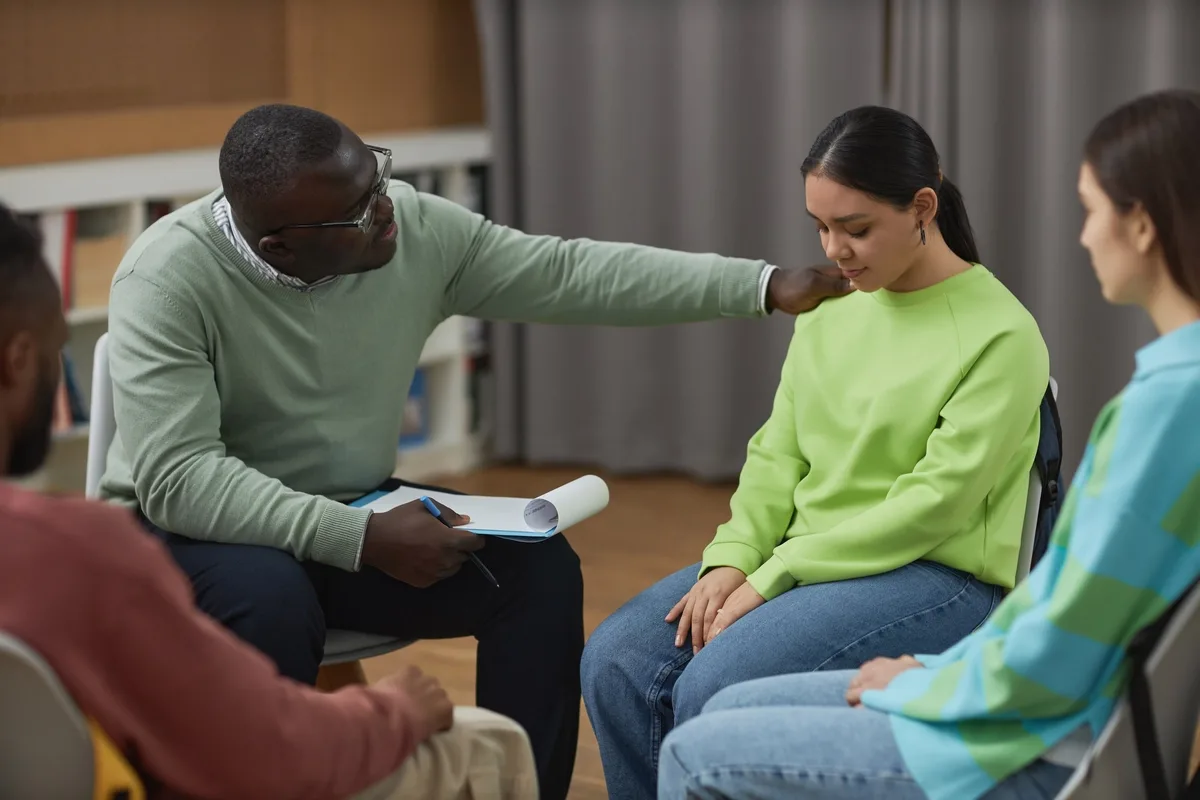24/7 Helpline:
(866) 899-221924/7 Helpline:
(866) 899-2219
Learn more about PTSD Treatment centers in North Augusta
PTSD Treatment in Other Cities

Other Insurance Options

AllWell

UnitedHealth Group

Health Partners

BlueShield

ComPsych

American Behavioral

Ambetter

MHNNet Behavioral Health

WellPoint

Magellan Health

Absolute Total Care

Sutter

Ceridian

United Health Care

Cigna

Health Net

Optima

Medical Mutual of Ohio

Horizon Healthcare Service

Multiplan

Aiken – Barnwell Mental Health Center – Hartzog Center
Aiken – Barnwell Mental Health Center – Hartzog Center is a public rehab located in North Augusta, S...












